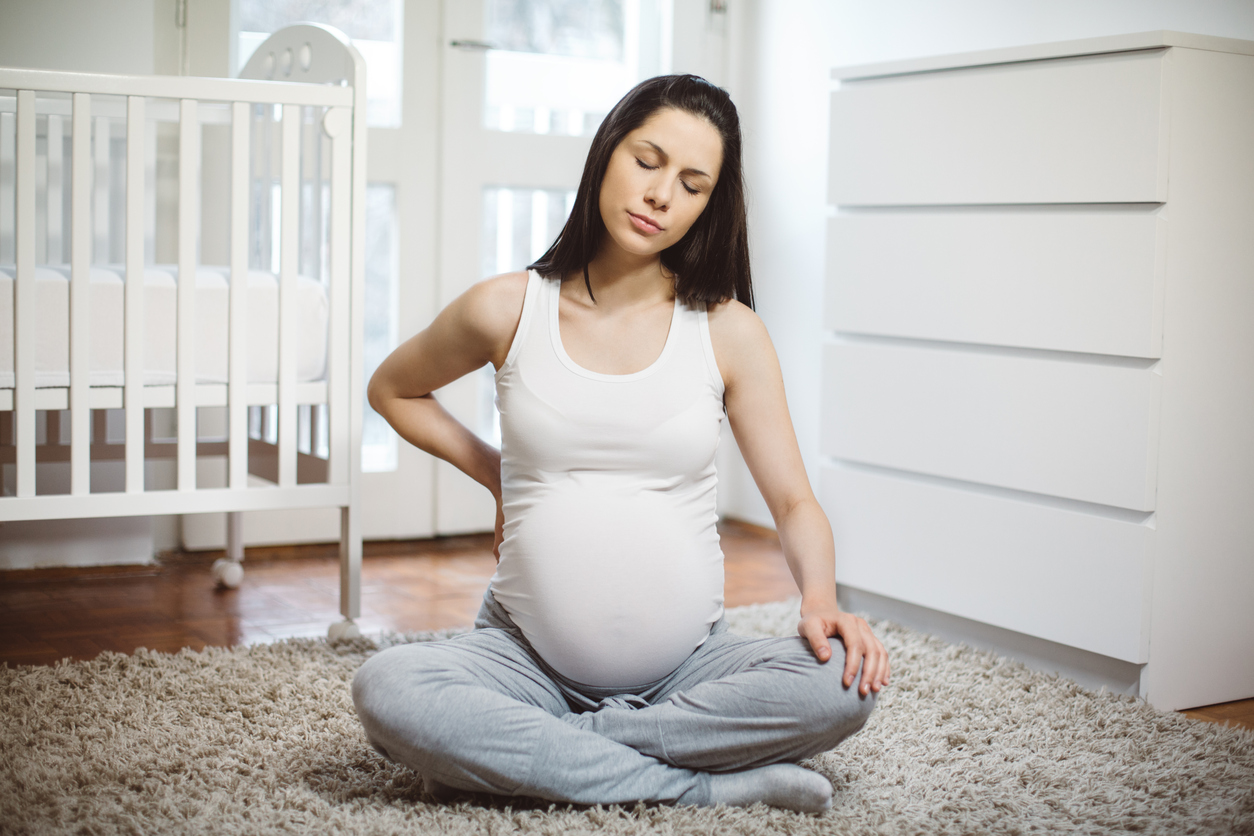-
If you are in the later stages of pregnancy, or have just delivered your beautiful little baby, you probably haven't had a lot of time to think about your new life with a newborn.
Of course you will learn a lot over the coming weeks and months, but to help you out, I've put together a list things that are good to know when you bring home your baby.
Newborn babies: 5 things you should know
- Newborn babies grow very rapidly. And they feed between every 2-4 hours, 24 hours a day. This usually lasts for the first 4 weeks. Weight gain and wet nappies are good indicators that your baby is getting enough milk.
- Newborn babies can cry up to 3 hours every day. This usually increases from 2 weeks, and starts to settle after 6 weeks.
- Colic affects around one in three babies. Colic is a broad term used to describe babies who are more unsettled, crying for longer than three hours, and are difficult to soothe. Colic takes time to get better by itself, usually peaking at the 6-8 week mark, during this time all family members will need extra support. Before starting any medications for colic or making major dietary changes, it is important to speak to your doctor.
- Newborn babies lose body heat easily. As a general rule of thumb, babies need an extra layer of clothing to what you feel comfortable in.
- Newborn babies should be put to sleep on their backs. And make sure there aren’t any loose blankets or toys in the cot or bassinet.
Life with a newborn baby: things for new mums to keep in mind
- Breastfeeding might be challenging. Finding a nursing technique that works for you and your baby can take time. Here is some advice on getting started.
- Headaches are common in the weeks following your baby's birth. It is important to get rest whenever you can and drink plenty of fluids. It is safe to take paracetamol while you are breastfeeding.
- You may experience some bladder weakness. If you have laboured for a long time, or had a vaginal birth you may find that you have some bladder weakness. Speak to a professional about practicing pelvic floor exercises with a proper technique, which will help your pelvic floor recover more quickly.
- You may feel sad at times. Sleep deprivation and social isolation associated with some of the challenges of getting out and about with a newborn, and unsettled babies can make you feel sad at times. It can be helpful to reach out to other mothers for support and social connection. But if you are feeling sad more often than happy, you should chat to your family doctor about your emotions. Your maternal and child health nurse will also help you to monitor your emotions as part of your routine appointments.
- It’s important to do things that make you feel good, including good nutrition. Having a different body shape is normal, but it can make you feel less confident. It's important to do things that make you feel good, including eating well. A healthy diet with plenty of fibre and lots of water will also help your bowels to work regularly and gently.
What to expect when you bring home your baby

-
Avoiding cold and flu during pregnancy
During pregnancy, women are at an increased risk of experiencing complications from the flu. Make sure you understand what steps you can take to help keep you and your baby healthy.
-
Choosing childcare that fits your family
Here’s what you need to know when choosing childcare
-
How to avoid 'dad bod'
How to keep fit and healthy with a new baby in the house
-
Expecting a baby during COVID-19
We address some common questions you may have.
-
How your extras can help during pregnancy
Use your cover to stay healthy
-
Pregnancy self-care essentials
Obstetrician Dr Chris Russell shares some advice.
Subscribe to receive the best from Live Better every week. Healthy recipes, exercise tips and activities, offers and promotions – everything to help you eat, move and feel better.
By clicking sign up I understand and agree to Medibank's privacy policy






